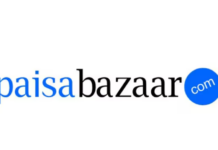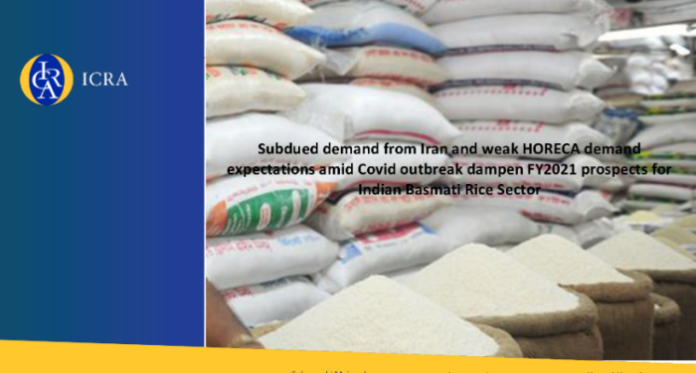- Already players continue to grapple with operational challenges including logistics and availability of labor, packing material etc
- As the lockdown eases, labour availability is likely to witness only a gradual improvement which can support basmati sowing which starts only by June 2020
New Delhi, May 25, 2020: The revenue growth prospects for the Indian Basmati rice industry has weakened further for the current fiscal amid the outbreak of Covid in India and ensuing prolonged lockdown besides, lower demand from key consuming destinations. Severe Covid outbreak during early 2020 in Iran, the biggest export destination, resulted in some disruption in supplies on account of logistical issues amid lockdown.
Giving more insights, Ms. Anupama Arora, Vice President and Sector Head, ICRA said, “With reduced availability of subsidized foreign currency to Iranian private importers, the extent of compensation by the country’s government to support imports of Indian basmati remains to be seen. Moreover, depletion of reserves rupee payment mechanism over the next few months remains a significant concern for trade with Iran. The above factors pegs the outlook for exports during the current fiscal on a weaker footing, even as demand from other consuming nations like Saudi Arabia and other Middle Eastern countries may witness moderate growth thereby limiting the extent of de-growth in exports during FY2021.”
On the domestic front, given the ongoing lockdown, the Hotel-Restaurant-Cafe or HORECA segment has been severely hit adding to the industry’s woes. Already players continue to grapple with operational challenges including logistics and availability of labour, packing material etc.
Since paddy prices declined in Crop-2019, a possible lower acreage in the upcoming season in the backdrop of continued uncertainty from key import destinations had kept the expectation on prices for Crop-2020 at lower levels. However, the Covid outbreak and consequent lockdown brought with it the concern over labour scarcity – a crucial element towards crop sowing in the next season. Eludes Ms. Arora, ICRA, “In addition to the demand and logistic challenges in both domestic and exports markets, the prolonged lockdown till end May 2020 (for now) has brought in conundrums for farmer community on account of uncertainty regarding labour availability following migrant labour moving to their hometowns. As the lockdown eases, labour availability is likely to witness only a gradual improvement which can support basmati sowing which starts only by June 2020 and could result in higher acreage and consequently exert pressure on paddy realisations in the backdrop of a modest demand outlook. However, if the labor availability remains reduced, the acreage could suffer thus affecting paddy availability and pushing up prices in the next procurement season”.
Corporate Comm India (CCI Newswire)



























